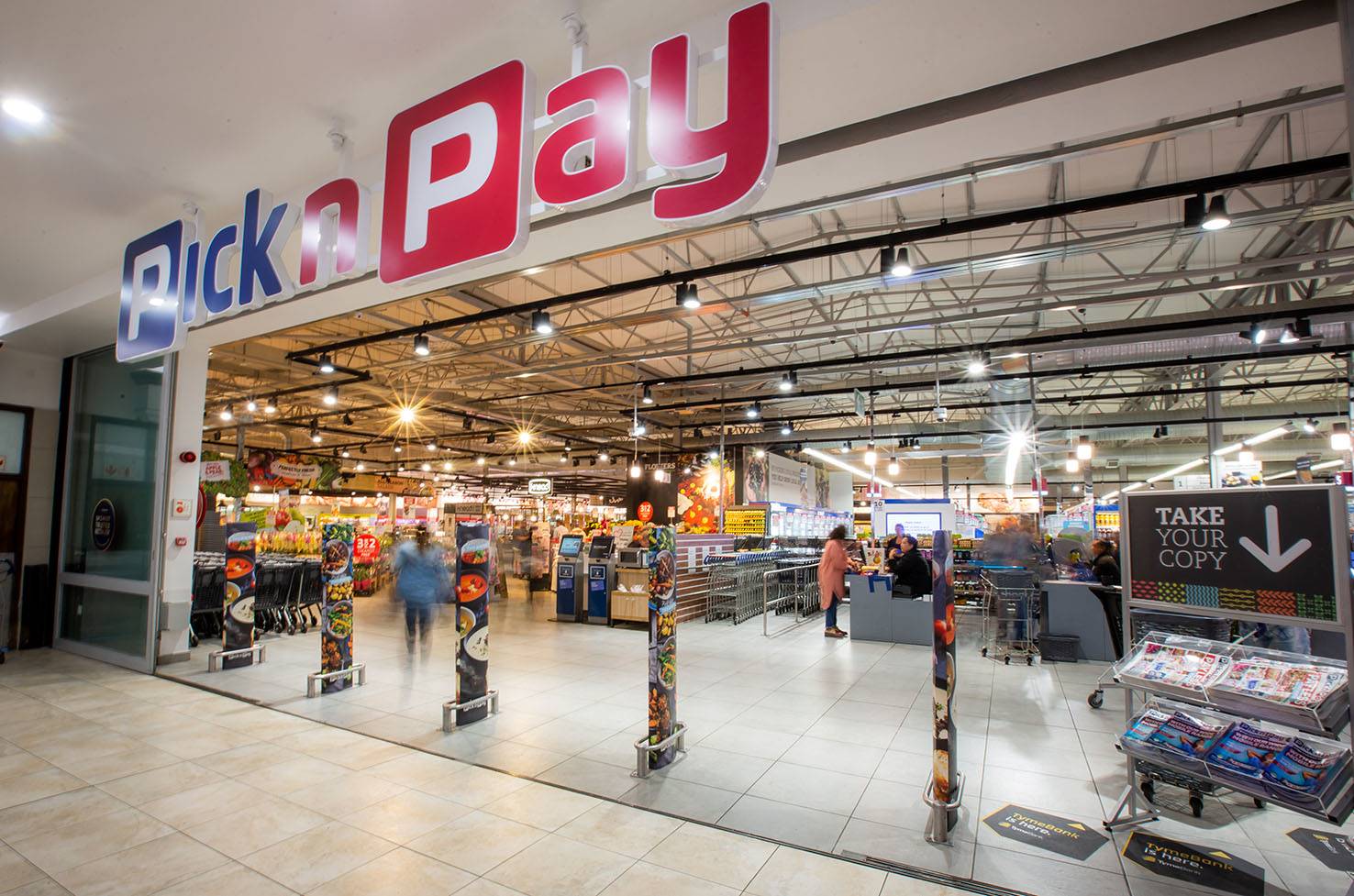Formal retailers’ viability under threat
Zimbabwe’s formal retail and wholesale sector’s viability is under threat from current trading conditions where suppliers are increasingly demanding foreign currency payments for their products.
Retailing involves buying from wholesalers or direct from manufacturers, breaking bulk, displaying goods for sale either physically or online, and sometimes delivery.
Wholesalers are independent organisations in the distribution channel that buy in bulk and sell to resellers rather than to consumers.
Achie Dongo, director for N. Richards Group, speaking at a retailer’s conference in Harare his week, said there is now little prospect for settling the USD invoice in Zimdollar and in some instances suppliers are demanding pre-payments in forex.
“Where the Zimdollar is accepted, we tend as retailers and wholesalers to be subjected to forward rating and this forward rating on ZWL prices then makes the Zimdollar product uncompetitive.
“This is a placement cost which is imperative in a hyperinflation environment, that is what is happening and we are feeling the heat as retailers,” he said.
Dongo noted that the recent lending ban by the Government resulted in suppliers withdrawing credit terms and those terms have not returned even after the resumption of lending and this is adding pressure in the sector.
He said primary producers and raw material suppliers who are part of the manufacturing value chain are demanding USD payments and these demands are being passed on to the retailers and wholesalers.
“We will have no choice, but pass the cost to the consumer. So this is how dollarisation along the value chain from the producer manifests itself on formal shop shelves,” said Dongo.
He added as a result, there are some basic commodities being sold exclusively in USD hence the dollarisation happening on the shelves is a culmination of what is happening on the value chain from the producer throughout the distribution value chain.
Dongo said formal retailers and wholesalers are at considerable disadvantage when it comes to trading in the current environment.
He said the informal sector which will soon replace the formal sector is subject to less regulatory restrictions and is better able to generate local foreign currency.
“This gives them better product availability and pricing. The increased demands for forex payments for local transactions suggest growing reliance on forex sources other than the auction and the willing buyer willing seller.
“As formal sector, our capacity to generate forex from this service is inadequate and this is because customers are not willing to transact through the interbank plus 10 percent rate that is in the market.
“So we are constrained in terms of raising the forex when we face increasing demand for those forex payments,” said Dongo.
He noted that while the manufacturing sector has increased their capacity utilisation and products availability and volume growth, their products will be increasingly missing from the shelf of formal retailers due to the sector’s inability to meet the foreign currency demand.
Dongo said co-operation of channel members is being disrupted by defensive behaviour in a challenging environment where every business is trying to defend their business territory and survive.
“This situation will result in increasingly informalisation of business instead of the formalisation of new enterprises. Under the current conditions, formal retail and the whole will not survive,” he said.
He noted that the sector has been contributing approximately 20 percent to the country’s gross domestic product (GDP) for the past three years.
As a result, he said the incentive for USD trading is in the wrong place for the private sector, but this can be resolved through a sustainable forex pricing structure.
“This can be done through restoration of ZWL as a currency of store of value, excess unit of account, and is accepted as a medium of exchange. A widely accepted exchange rate is also the solution and restriction of liquidity can result in convergence,” he said.
Confederation of Zimbabwe Retailers (CZR) president Denford Mutashu concurred with Dongo’s accession, indicating that the battle for survival between formal and informal retail continues to threaten viability of formal business. He said operating costs are wiping off margins while labour costs containment remains a moving target against diminishing real value sales.
“Our manufacturers are struggling to consistently supply without losing out on exchange rate movement. Exchange rate shocks and the unpredictability in the trading environment has made planning difficult,” he said.
He added that there are very few to none suppliers and service providers who take local currency for payment of goods and services under the obtaining situation.
“The currency you offer attracts the price one gets and even the quantity of supply. A customer entering the store expects a fairly priced quality product that is not only available but offered flexibly in all currencies legal tender. It’s a vicious cycle,” said Mutashu.
He said retailers on their part should come up with solid recommendations that should easily be adopted for policy formulation, enhancement and redirection.
He noted that business should remain responsible and desist from speculative behaviour and always narrow the gap between incomes and prices.
“As inflation piles pressure on prices, incomes have remained eroded hence the need for policy intervention to save consumers and business,” he said.
Industry and Commerce chief director Dr Douglas Runyowa said the Government will continue to create a stable operating environment for business to ensure that consumers are protected from business malpractices including incessant price hikes.
He said it is important that there be continuous engagements between the Government and the private sector so that there is stability in the economy. “Government is seized with the issue of ever-increasing prices of goods and services in the economy which are impacting negatively on consumer welfare,” he said, adding that the three main issues impacting stability are exchange rate, pricing and inflation.
Runyowa added that there is need to advance the interests of the consumers ahead of profiteering.
“Consumers have, and continue to, cry over ever increasing prices, among other business malpractices. After all, we are all consumers and no one is spared,” he said.
Runyowa said the Government is currently implementing the National Development Strategy 1 (NDS1) blueprint, which through the Moving the Economy up the value chain and Structural Transformation pillar seeks to prioritise key value chain growth thereby facilitating an open and growing industrial sector.
He said this is buttressed by such policies as the National Industrial Development Policy (ZNIDP), Local Content Policy which all seek to promote local production and value addition. “In the medium term, our challenge is to ensure we stimulate industries based on indigenous raw materials and strengthen local value chains.
He said the Government and private sector need to work together closely to support local manufacturing entities which will churn out competitive goods capable of competing both locally and in global markets in order to help stabilise our economy.-eBusiness Weekly











